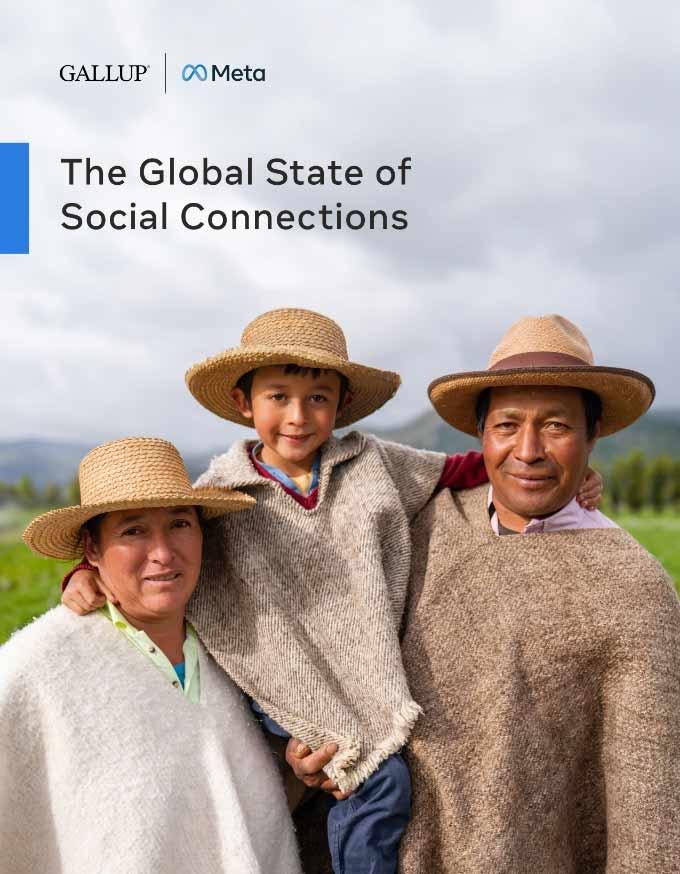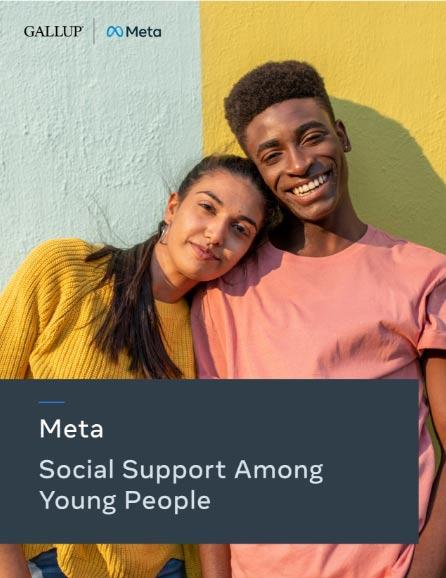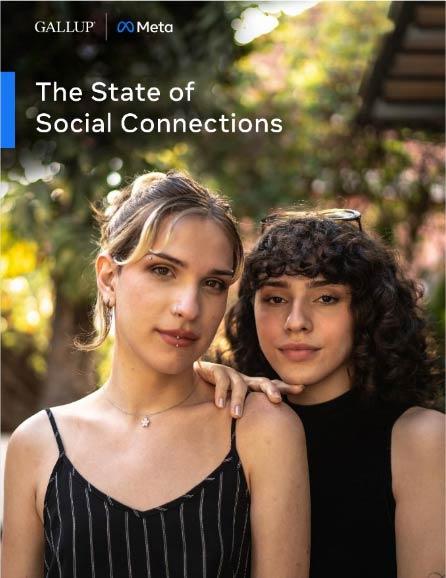Fielding for this global survey study took place as part of Gallup’s annual World Poll survey administration. Surveys were administered from June 2022 through February 2023, with approximately 1,000 participants over the age of 15 interviewed in 142 countries. In Iceland, Jamaica and Puerto Rico, 500 individuals were interviewed. In Algeria, the number of respondents was 821, and in India and Russia, the number of respondents was 2,006 and 3,000, respectively. In all other countries and areas, the number of respondents ranged from 1,000 to 1,046. Data collection happened over the phone in countries where phone penetration is high (approximately >80% of the population) and face-to-face otherwise.
In accordance with World Poll methodological standards, samples in each country are representative of the national population over the age of 15. In each country, trained interviewers administered the survey in the local language either face-to-face or over the phone. For sampling on the phone, Gallup utilizes random digital dialing or a nationally representative list of phone numbers, using a dual sampling frame that includes both landline and mobile telephone numbers. For face-to-face sampling, Gallup employs stratification and cluster sampling methods. First, sampling units are stratified by population size and/or geography, and then clusters within each stratified sample are surveyed. The sampled unit clusters are households, and within each household, a computer-assisted personal interview (CAPI) program randomly selects a member to be interviewed.
All percentages presented in this report are weighted based on information about the sample design in each country. Weighting ensures that the sample in each country is representative of the population over the age of 15. For more information about weighing, see the methodology document from our in-depth study. The same weighting procedures apply to the current study. Global percentages presented in this report are weighted based on census information from the global population in 2022 to ensure percentages represent the global population.









